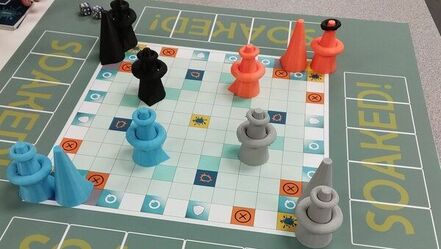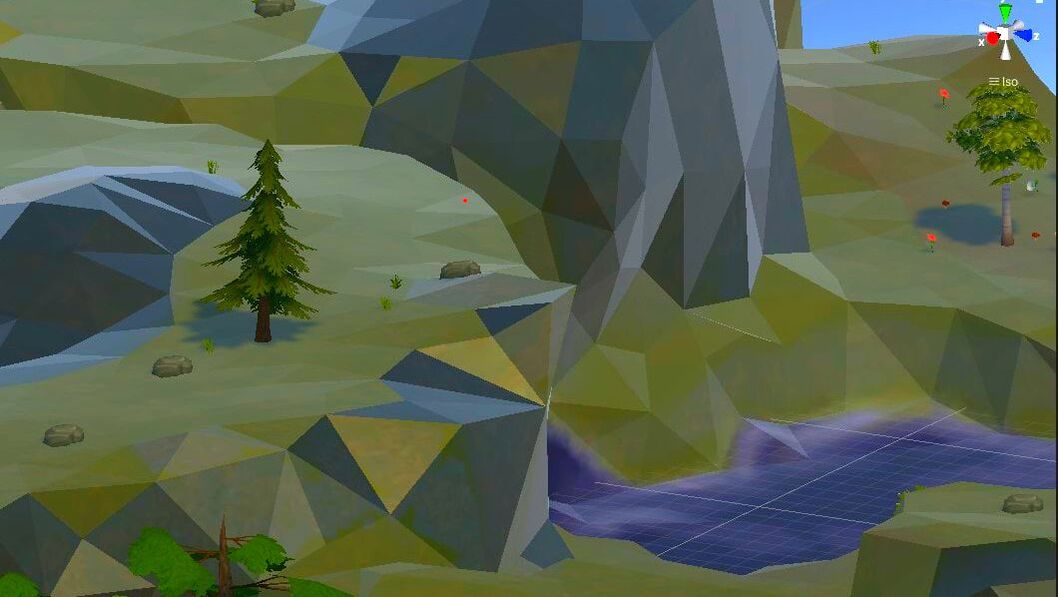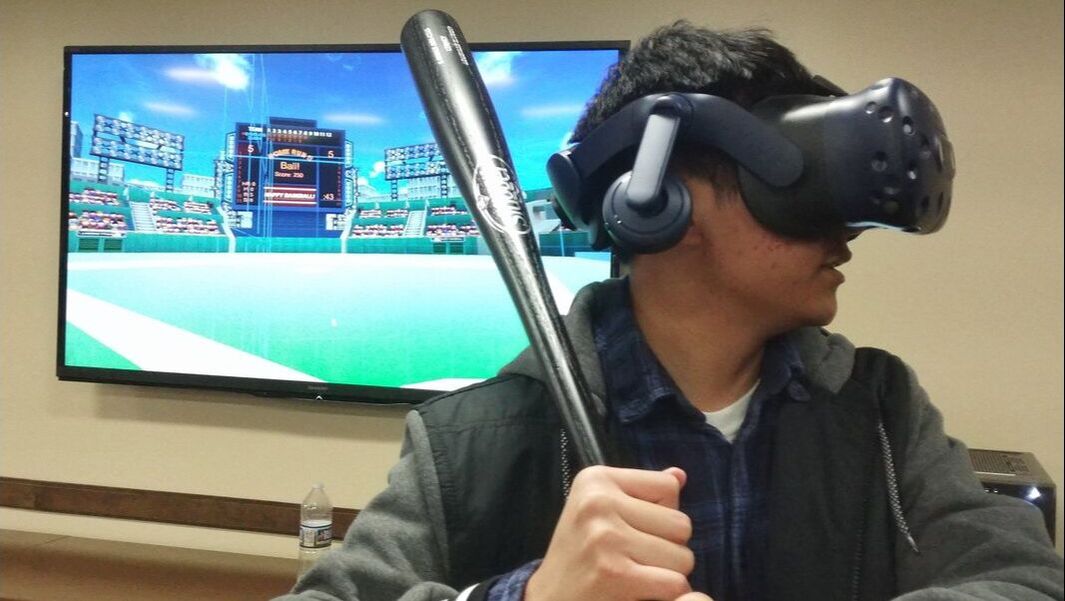Courses
Here are some courses offered for Northeastern CS and CAMD students.
GSND 6240: Exploratory Concept Design
|
CS 5340: Human-Computer Interation |
|
GSND 6240 is an advanced studio course focused on innovative, unconventional, and experimental games. It will give you the structure and opportunity to explore the limits of technology, genres, and expectations of what a game is. The course is organized into three units, covering the three major areas of exploration:
(Spring 2023) GSND 5110: Game Design and AnalysisGSND5110 provides theoretical background and craft-based foundation for analyzing and designing games. It examines fundamental domains that are necessary to understand what games are and how they affect players, including but not limited to interface design, systems design, content design, narrative, learning, and culture. For each domain, relevant concepts and frameworks will be presented from a wide variety of disciplines: psychology, anthropology, media studies, sociology, other schools of design, learning theories, and theories of motivation. The class explains the core elements of game design, including goals, rules, environment, and resources; and introduces students to formal abstract design tools that are can be used in game design to systematically capture these elements. Several models of design process and iteration are explored, including ideation, basic prototyping, iteration based on playtesting, participatory design practices, and formative evaluation methods. The class allows students to practice game design in groups by developing game concepts and by creating simple prototypes. Finally, GSND5110 extracts analytical lenses from the theoretical works and applies them, week by week, to the games presented in GSND 5111.
(Fall 2023) |
CS 5340 is a course focused on the study of the way humans interact with computing systems. It will give you a broader view of techniques, design processes, and theories.
The course is organized into five units:
(Fall 2023) |



